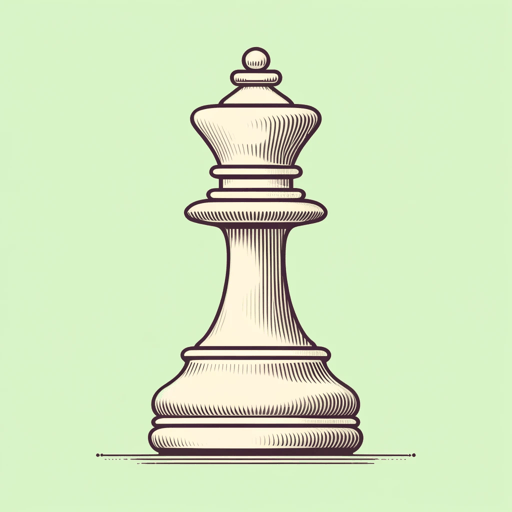79 pages • 2 hours read
Karl MarxDas Kapital
Nonfiction | Book | Adult | Published in 1867A modern alternative to SparkNotes and CliffsNotes, SuperSummary offers high-quality Study Guides with detailed chapter summaries and analysis of major themes, characters, and more.
Key Figures
Karl Marx
Karl Marx was born on May 5, 1818, in the German city of Trier, in what was then the Kingdom of Prussia. His father, Heinrich, was a Jewish convert to Protestantism who worked as a lawyer. Henriette Pressburg, his mother, was also a Jewish convert to Protestantism who came from a well-off family of merchants in the Netherlands.
Pressured by his father into studying law, Karl Marx studied at the University of Bonn and then transferred to the University of Berlin. While there studying law and philosophy, he fell in with a group of students who were deeply influenced by the philosopher Georg Wilhelm Friedrich Hegel. They were called the “Young Hegelians.” Like Hegel, they embraced the ideals of the Enlightenment and a rationalistic version of Protestantism. However, over time, they became more radical, opposing monarchy in favor of democracy and becoming atheists.
Marx received his PhD in philosophy at the University of Jena, writing his dissertation on the theories of the ancient philosophers Democritus and Epicurus. Due to Marx’s already-radical views, he failed to find work as a university faculty member. Instead, he began to work as an editor and journalist for mostly left-wing newspapers. Most notably, he worked for a time as a foreign correspondent for the United States-based newspaper the New York Daily Tribune.
Related Titles
By Karl Marx
Featured Collections
Business & Economics
View Collection
Challenging Authority
View Collection
Class
View Collection
Class
View Collection
Colonialism & Postcolonialism
View Collection
Philosophy, Logic, & Ethics
View Collection
Politics & Government
View Collection
Poverty & Homelessness
View Collection
Power
View Collection





